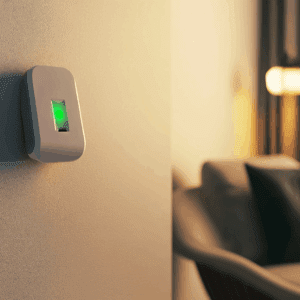As countries around the world respond to rapidly aging populations, Japan remains at the forefront - both in its challenges and its proactive approach to dementia care. A recent editorial by Japan Forward sheds light on an essential truth: the real success of dementia strategies lies not just in national policy, but in how well local communities are empowered to care.
Japan’s national dementia plan aims to reduce stigma, promote early detection, and create systems that allow people with dementia to live safely and independently. But the editorial emphasizes that this can’t happen in isolation. It’s the small moments - shopkeepers trained to recognise confusion, neighbors checking in, families feeling supported rather than ashamed - that build the social foundation needed for truly compassionate care.
Cultural dynamics add layers of complexity. In many Japanese communities, especially rural ones, dementia still carries a heavy stigma. People may choose to withdraw rather than risk embarrassment or burdening others. Without understanding and visibility at a community level, even the best medical systems fall short.
This piece serves as a powerful reminder that social infrastructure is just as vital as clinical care. A dementia plan without community connection is like a map without roads - it has direction, but no way to reach its destination.
This is where technology like Elli Cares can play a role. While designed in Aotearoa New Zealand, the app aligns with Japan’s people-first approach by empowering individuals with cognitive decline to manage daily life while keeping families connected. When integrated into a caring community, tools like Elli Cares can help people with dementia not only stay safe - but feel seen, included, and respected.






